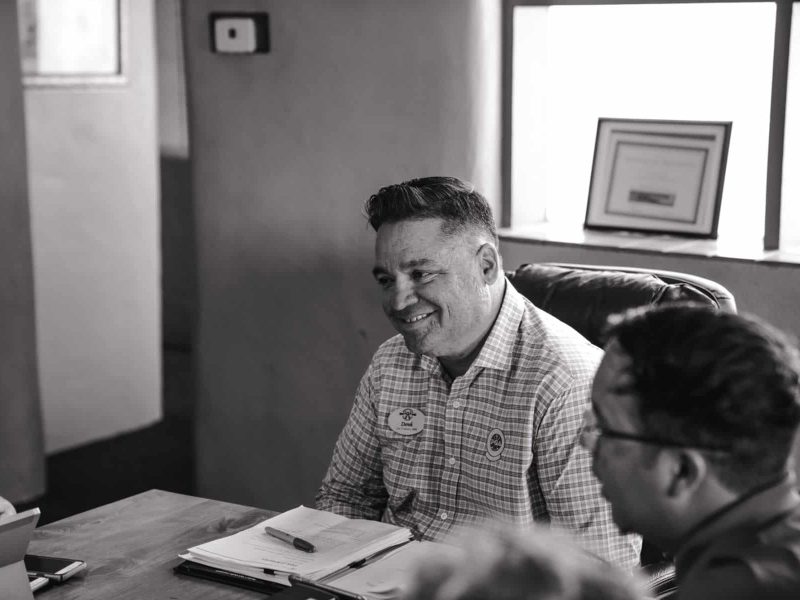Kinds of questions
INFORMATIONAL
Questions that ask for facts or to tell, describe, compare, contrast
ANALYTICAL
Questions that require not only that the individual know the facts, but that he also applies them to new situations. Discovering how something works, why something takes place, what are the possibilities of it being different.
PERSONAL
Questions that call for what the student thinks, believes, or will do with what is being learned–personally. May often require making choices from several alternatives.
GUIDELINES FOR ASKING QUESTIONS (Don Griggs)
- Ask questions that are more open than closed.
- Ask only one question at a time.
- Present questions to the whole class; then call upon an individual by name, if helpful.
- Use an inquiry style rather than an interrogation style.
- Use a variety of the three kinds of questions above: avoid using too many factual questions that do not stimulate thinking, discovery, or commitment.
- Provide feedback after a student responds.
- Avoid echoing student response.
- Accept student responses as if they were gifts; try to understand them fully before building upon them; expressing appreciation for responses.
- After an initial question and response, follow up with probing questions.
- Encourage students to ask their own questions.
WAIT-TIME (Mary Rowe)
What is the effect of the following factors on the verbal responses of students?
- Increasing the period of time that a teacher waits for students to construct a response to a question
- Increasing the period of time that teacher waits before replying to a student move.
- Decreasing the pattern of reward and punishment delivered to students.
Effects that have been observed are:
- Very short wait-times combined with high teacher rewards produce short student responses, high likelihood of inflected answers reflecting low student confidence, virtually no student-student exchanges of ideas, and a high incidence of answers unsupported by evidence.
- Long wait-times (not less than 5 seconds) combined with low teacher rewards produce longer responses, more confidence, more exchanges between students, and more speculation supported by evidence.
TRY THIS …
Record a portion of your own teaching during a class period, then listen to it for these purposes:
- Categorize your questions into three areas – Informational, Analytical, Personal. Keep a tally as you listen.
- Listen for how long a period of silence followed each question. Who broke the silence, the student or the teacher?
- Listen for the kind of feedback you provide the students after they have made a statement.
- Use a stopwatch for a three-to-five-minute period to measure how much time the students talk compared to how much time the teacher talked.
- Listen for times when you could have followed up with a probing question but did not. What could have been a probing question for the situation?
- Do questions help learners to discover new ideas or do questions limit them to expected responses?








